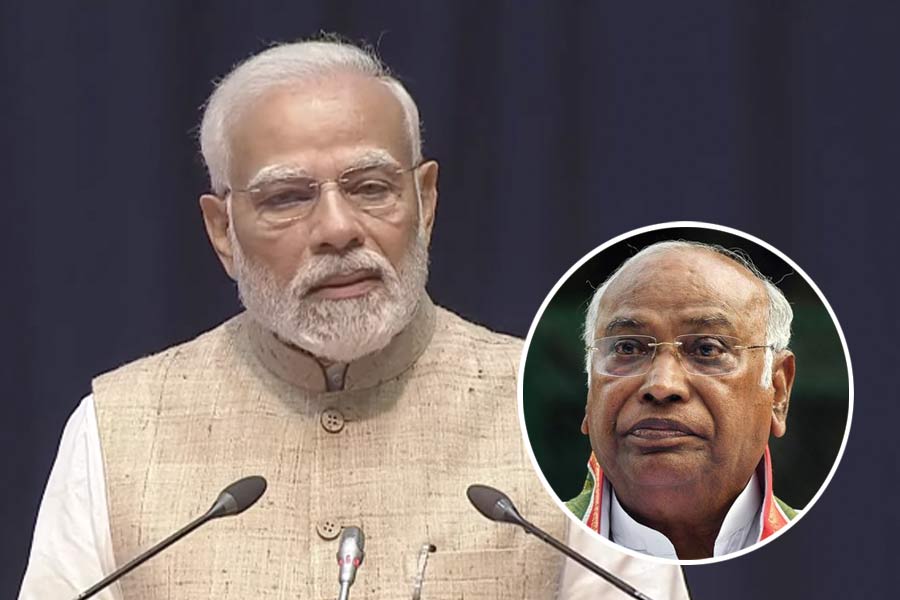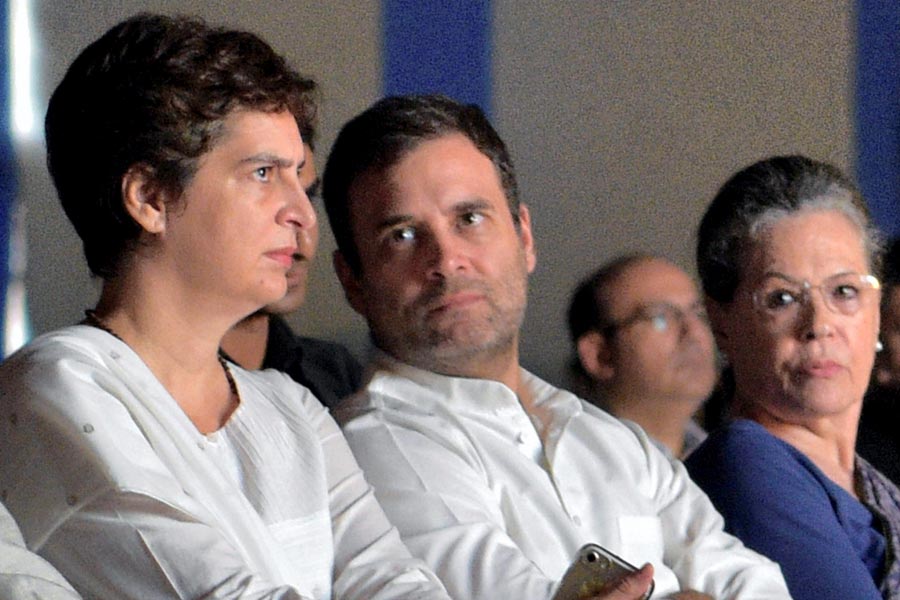In India, we celebrate success. Newspapers, television channels and social media are splashed with images of academic toppers, sports heroes, cine stars and so on. The achievers are personified as demigods and hero-worshipped. The attendant faddism is telling. The media digs deep into their past and present while putting them on a pedestal.
Tragically, dazed as we are with these tales of success, we ignore the millions of stories of those who have failed to succeed. Society sensationalises success and demonises failure. A pandemic of failure surrounds us. Sadly, we have failed to address it. The numbers are startling, as is evident from the failure rate in various examinations conducted for academic and professional growth across the country. The Union Public Service Commission examination has an average failure rate of 99.84%. The coveted Indian Institutes of Management have a failure rate of 98%, that of the National Entrance cum Eligibility Test exam is close to 92%, while the figure for the Joint Entrance Exam for entry to the Indian Institutes of Technology is 98.5%. There is a great human cost of this failure that is manifest through the glaring suicide rate amongst the youth in our country. National Crime Records Bureau data for 2021 revealed 12 suicides per lakh population. Kota, the hub of residential coaching institutions to prepare students for board and entrance exams, reported at least 25 suicides this year alone.
The unrealistic expectations of parents, peers and society cripple the morale of those who cannot make it. We forget that they are victims of a skewed system of evaluation. The irony is that the benchmarks of success are thrust upon homogenously on students with differing abilities in the expectation of similar linear results. This distorted vision of success needs to be challenged. Our standards of measuring success are, unfortunately, governed by the judgement of others. Hence, we become apologetic and quiet about failure. The regressive mindsets of parents and teachers stifle the creativity of children, preventing them from exploring new territories. They are thus afraid to venture into the unknown and are unwilling to fail.
There is a need for open dialogue in schools, colleges and homes on alternative pathways. We need to tell our children that failure is never final. It should not decide their future. Failure is a part of life; none can be a winner in every arena. Children need to build their own social and emotional resilience against failure as well as the perverse demand for success.
Tragically, the media portrays success as the new normal. The constant bombardment of images of success leads to the inception of insecurity. Consequently, millennials are gripped with self-doubt and shame. The media creates unrealistic expectations by reinforcing the belief that being average is the new standard of failure. We are constantly told by parents and teachers that each one of us can be extraordinary. This indeed is a dangerous precedent. The question is this: if everyone is extraordinary, then who will be ordinary? Mundane existence is a reality and we must appreciate it. This could be one way of confronting the pandemic of failure.










